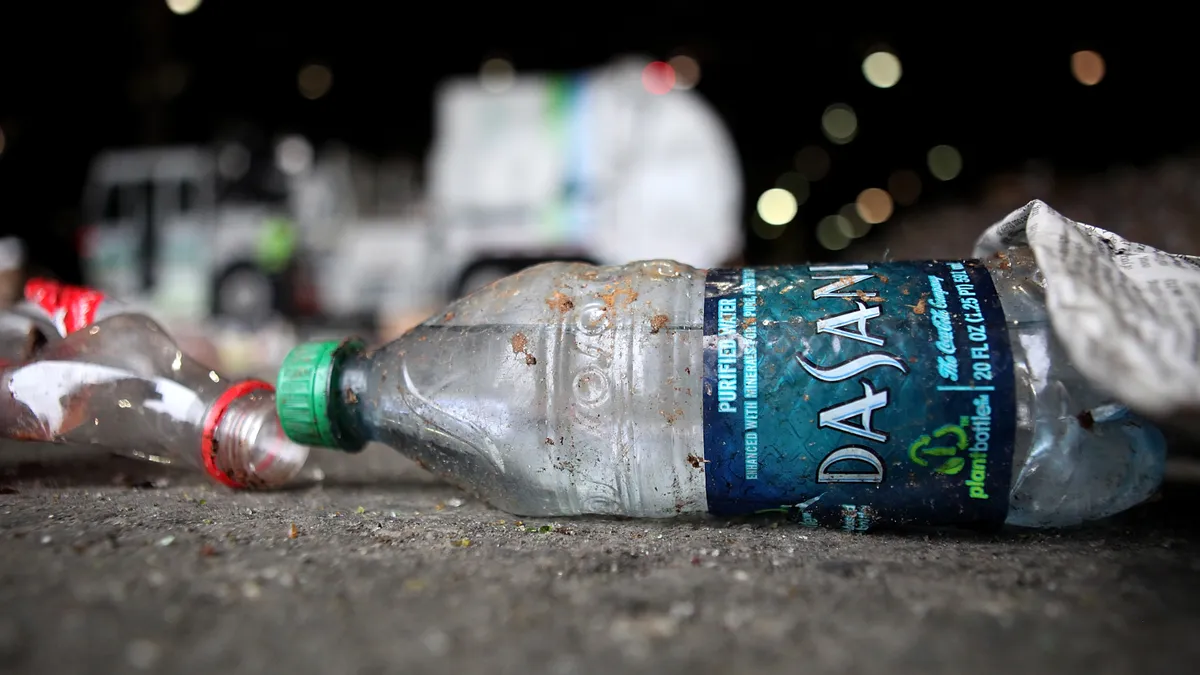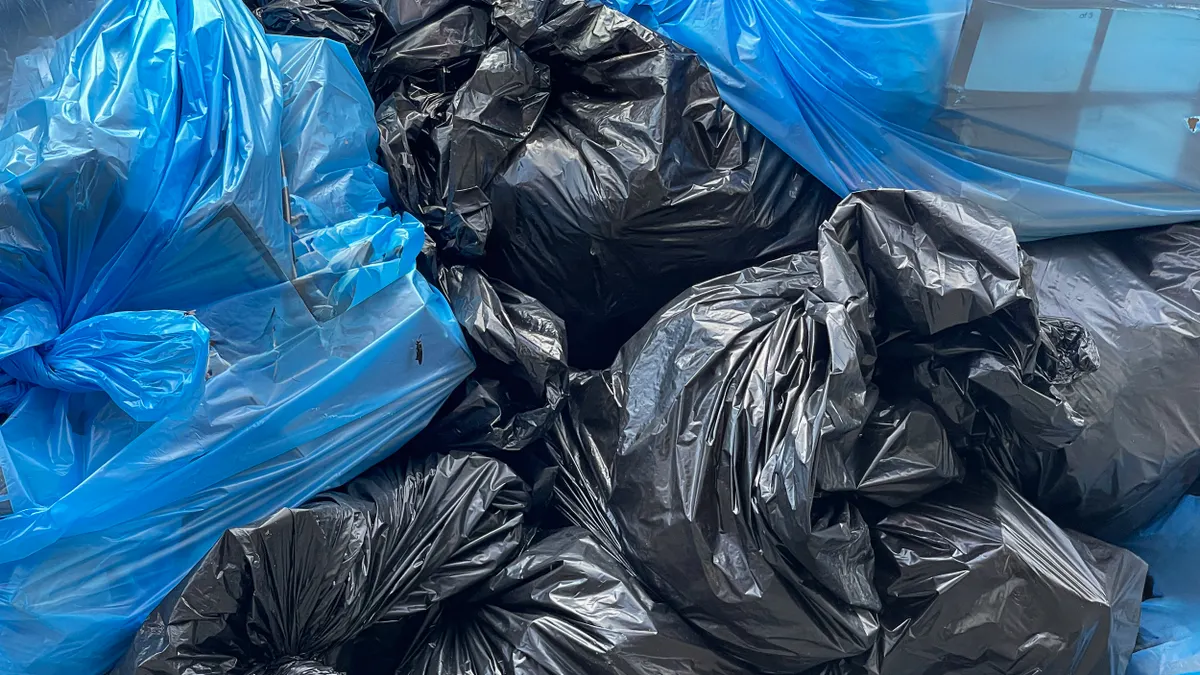Though numerous bottle bills are proposed every year, few become law. A report from Reloop North America aims to provide best practices for policymakers, producers and advocates to more successfully pass such laws in the United States.
Reloop, a circular economy research group, has long advocated for deposit return systems as a critical way to increase recycling rates and reduce waste. Reloop says beverage containers make up 40% to 50% of the packaging stream by weight.
The report is meant to “create a bridge between theory and action” by providing public policy strategies paired with case studies of successful bottle bill programs, said Elizabeth Balkan, director of Reloop North America, in the report. “Too often when it comes to bottle bills, advocates propose, industry opposes, legislation stalls, and progress stops,” she added in a statement.
The report lists 10 “essential practices” for successfully establishing or updating deposit return systems. Reloop envisions these systems as producer-funded, with “easy and equitable” return locations and strong transparency and accountability practices for producer reporting. The report also advocates for a 10-cent minimum deposit value, financial support for municipal and recycling programs and clear government oversight and enforcement strategies.
The report emphasizes that industry players — including waste management companies, beverage producers and retailers — “must be prepared to collaborate” in order to create and improve bottle bill systems that “echo their public commitment to environmental stewardship.”
Reloop’s report comes as 12 states are currently working to update aging bottle bills, many of which were established decades ago. In September, California passed a bottle bill update that adjusts the payment formula for redemption centers — a move meant to prevent more locations from closing. The bill also added 100% juice containers to the program. Starting Jan. 1, the state will also add wine and distilled spirits to its program as part of a separate law that was signed last year.
Maine also passed bottle bill updates this year that raise handling fees, rework funding for the program, ease sorting requirements for redemption centers and promote reuse strategies.
At the federal level, the recent reintroduction of the Break Free From Plastic Pollution Act includes national bottle bill provisions.
The Reloop report offers case studies with additional programs it considers successful. It highlights Maine’s commingling agreement as an example of a strong collections structure and Oregon’s program as an example of a strong reporting requirements structure. It also highlights program aspects in countries such as Canada, Germany, Australia, Denmark, Slovakia and Finland.
But for every successful update, several other bills fail. In June, Vermont Gov. Phil Scott vetoed a bottle bill expansion that would have added more types of containers and raised the handling fee, among numerous other updates. Scott said the proposal would have hurt business and resulted in higher costs for consumers. Reloop pushed back against that reasoning when it released a separate report in July, alongside the Container Recycling Institute, which aimed to debunk claims that container deposit systems hurt beverage sales.
Bottle bills have other opponents, too. Some MRF operators say bottle bills create negative impacts on their recycling business. A National Waste & Recycling Association white paper published this year makes the case that bottle bills can hurt MRF operators because they divert valuable materials away from those facilities.
Reloop says well-designed bottle bills must account for MRF operators’ loss of revenue through various means, such as by requiring programs to use a portion of unclaimed deposit revenue for MRF reimbursements, something California’s system allows in some form. But bottle bills can also help MRFs, the Reloop report said. Although MRFs will see fewer beverage containers flow through their facilities, “they will also see reduced volumes of materials such as glass that are costly to process and have limited markets,” according to the report.
Policymakers acknowledge there are tough hurdles to overcome in order to modernize the bottle bills in their respective states in coming years. In June, Michigan lawmakers introduced a bill to add more types of containers and establish a 10-cent deposit to some of those containers, but that bill so far has not moved. The state legislature adjourns in late December.
Lawmakers have introduced updates to the Michigan bill for several years and say consensus building and pushback from retailers have been issues in the past. “We don’t have any illusions this is an easy lift,” state Sen. Sean McCann told a local radio station in June.
In Massachusetts, state Rep. Michelle Ciccolo sponsors bottle bill update H.D. 3676, which would add more types of beverage containers and increase the deposit from 5 cents to 10 cents.
Despite the hurdles, Ciccolo says bottle bill modernization will make an important impact on her state’s recycling system. “Single stream recycling has not turned out to be the great hope we were expecting,” she said in a statement on the Reloop report. “Modernizing our bottle bill will not only dramatically increase recycling rates, it will bring considerable savings to Massachusetts cities and towns, to the tune of $26.7 million.”



















